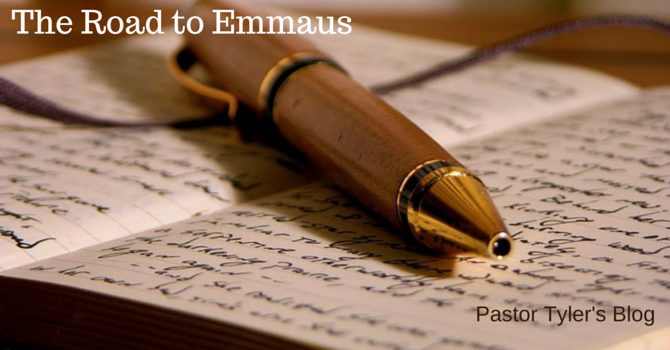Reading good books can be very helpful in our Christian walk, and as many of you who attend Forest Baptist Church know, I just return from Together for the Gospel with a stack of 17 free books! It is my desire as I work through these new titles to include a short review of each book so you can know what your pastor is reading and how the book might be helpful to you.
The first title I chose to read from the stack was a book by R. C. Sproul called Are We Together? A Protestant Analyzes Roman Catholicism. This book was written to shed light on the movement within Evangelical circles that says the issues that separated Protestants and Catholics at the time of the Reformation are no longer relevant today, so the two groups can now come together in a spirit of ecumenicalism. The author clearly does not agree with this notion, explaining why the reformation was necessary and why the issues that separated us then continue to separate us today.
I found this book to be very helpful for a number of reasons. First, Sproul built his assessment upon good sources. In presenting the various views of the Catholic Church, he worked with the documents produced by the council of Trent (which was held in response to the reformation), Vaticans I and II, and the Catholics updated Catechism from 1995. So he does not speak to the issue as one ill-informed of Catholic beliefs. He has dealt with both ancient and modern statements, presenting their views as they state them rather than giving over to gross characterizations and misrepresentations.
Second, I greatly appreciated the measured approach Sproul has towards this topic. There are several points in the book where he corrects Protestant overstatements of Catholic doctrine that is not what they believe. Although Sproul openly opposes Catholic doctrine, he gently corrects wrong characterization of their views and urges Protestants to make sure they are arguing over the real issues, not strawmen built with the sole purpose of knocking them over. He keeps the primary issues at the focal point.
Finally, I found the book to be very readable, balanced, and fair. The author is deeply committed to a Biblical understanding of salvation, and he is able to articulate his views in a way that anyone can read and understand. He warns against the corruption of the gospel message that exists in the official teachings of the Roman Catholic Church, yet he does so without being unduly critical or hateful.
This book is a must read if you are a Protestant living in a heavily Catholic community or if you are one of those who thinks we should set our differences aside and all just get along. Although I agree that there are some differences we can agree to disagree over, others reach to the core of our faith, leaving our salvation hanging in the balance. The doctrines of salvation that separated Protestants from Catholics 500 years ago are such an issue, and Dr. Sproul does a masterful job helping us to know what the issues are and how we should respond to them. If you read this book, you will be blessed by his clear, Biblical approach to identifying and answering the core issues that continue to make the Reformation movement necessary today.
.png)



